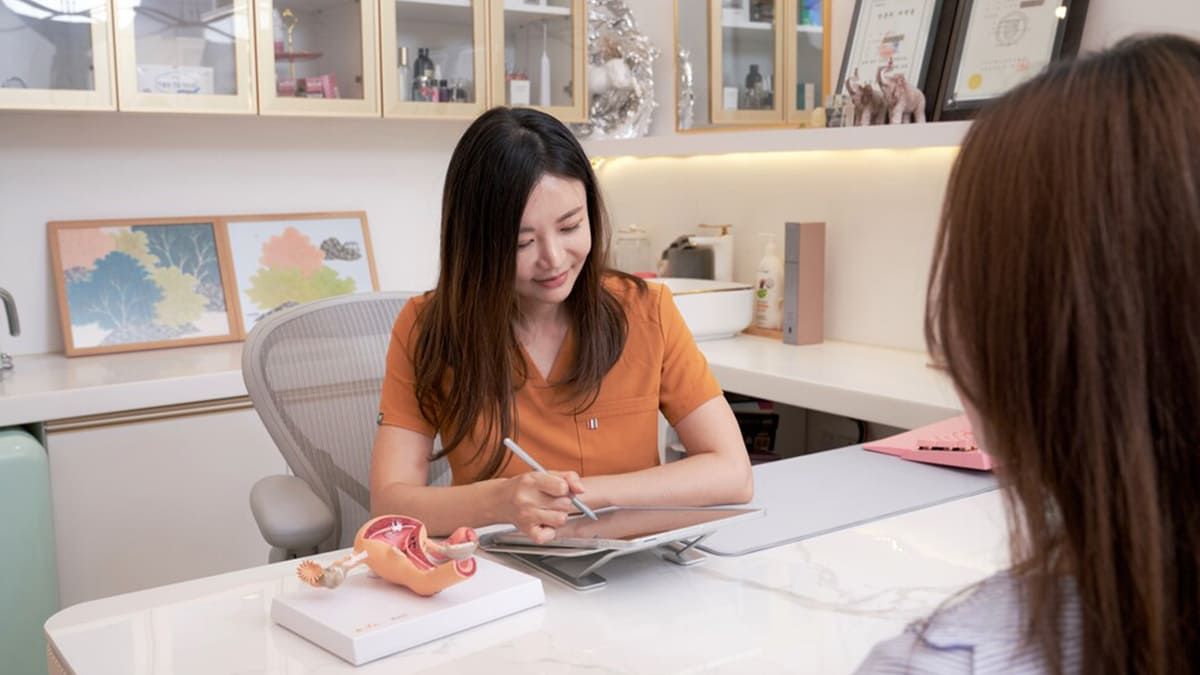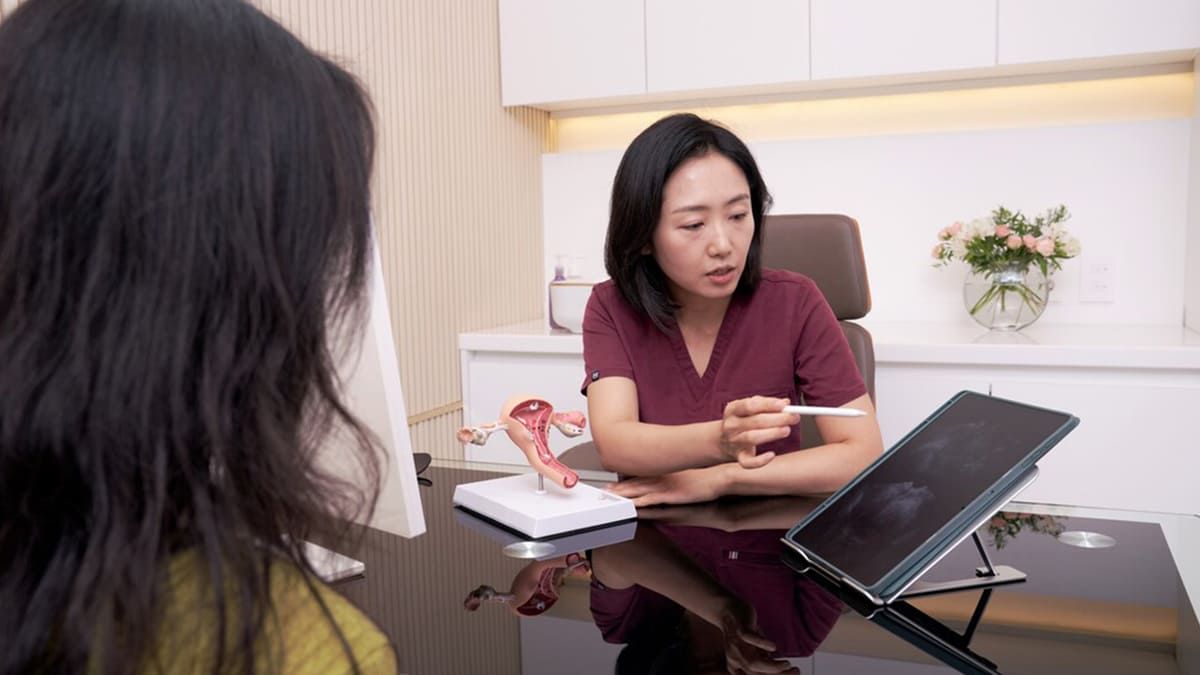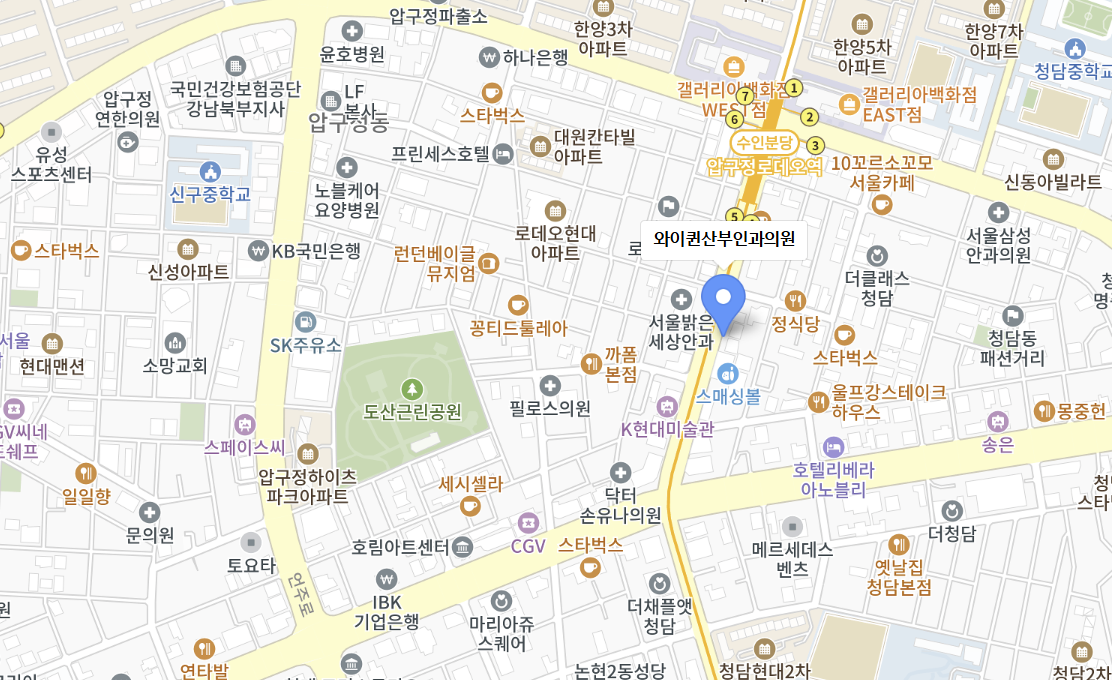Pap Smear in Korea
Pap Smear in Korea – Seoul | Affordable Prices, Best Care
Regular Pap smear screening is a cornerstone of women's preventive health, and in Korea—especially Seoul—access to effective, affordable, and discreet testing is excellent. Whether you're a resident, expat, or traveler, knowing where to get screened helps ensure early detection of cervical abnormalities and maintains long-term health.
Why Pap Smear Matters
A Pap smear (Papanicolaou test) is a crucial screening tool for cervical cancer. It helps:
- Detect Precancerous Cells: Identifies abnormal cell changes in the cervix before they develop into cancer.
- Enable Early Treatment: Allows for timely intervention when changes are still minor and highly treatable.
- Prevent Cervical Cancer: Significantly reduces the incidence and mortality rates of cervical cancer.
- Provide Peace of Mind: Regular screening offers reassurance about cervical health.
What is a Pap Smear?
A Pap smear involves collecting cells from the cervix to be examined under a microscope for abnormalities.
In Korea, modern methods like Liquid-Based Cytology (LBC) are widely used for improved sample quality.
Often, an HPV DNA test is performed simultaneously (co-testing) for increased accuracy, especially for women over 30, as almost all cervical cancers are caused by persistent HPV infection.
Screening Guidelines in Korea (General):
- Women aged 20 and older: Recommended to begin regular cervical screening.
- Women aged 20-29: Typically advised to have a Pap smear every 3 years.
- Women aged 30-65: May opt for co-testing (Pap smear + HPV test) every 5 years or a Pap smear every 3 years.
- The National Cancer Screening Program (NCSP) offers free Pap tests for women aged 20 and older every 2 years.
Where to Get Screened in Seoul
Seoul offers numerous clinics and hospitals for Pap smear testing:
- OB/GYN Clinics: These are the primary and most common locations for Pap smears, offering specialized women's health care. Many are foreigner-friendly.
- Family Medicine / Internal Medicine Clinics: General practitioners can also perform Pap smears as part of routine health check-ups.
- Large University Hospitals: For comprehensive health check-ups or if there are complex medical histories, university hospitals offer a full range of gynecological services.
- International Clinics in Gangnam & Itaewon: These clinics often have English-speaking staff and cater specifically to the expat community, ensuring easier communication and familiar processes for women's health screenings.
Cost Breakdown
The cost of a Pap smear in Korea is generally affordable, varying by clinic, whether additional tests are included (like HPV test), and insurance status.
- Standard Pap Smear (Papanicolaou Test): ₩20,000 to ₩50,000 (approx. $15 to $40 USD).
- Liquid-Based Cytology (LBC): Around ₩70,000 to ₩120,000 (approx. $50 to $90 USD).
- HPV DNA Test (often combined with Pap for co-testing): ₩80,000 to ₩150,000 (approx. $60 to $110 USD).
- Co-testing (Pap + HPV): Can range from ₩120,000 to ₩200,000 (approx. $90 to $150 USD).
- Consultation Fee (if separate): ₩20,000 to ₩50,000 (approx. $15 to $40 USD).
Note: For eligible individuals, the National Cancer Screening Program (NCSP) covers the cost of a Pap test every two years. Even without national health insurance, costs are significantly lower than in many Western countries. Many clinics offer these tests as part of comprehensive annual health check-up packages.
What to Expect During Testing
The procedure is quick, performed in a private exam room, and typically takes only a few minutes.
- Consultation: The doctor will review your medical history and discuss any concerns.
- Procedure: You will lie on an examination table. A speculum is gently inserted to visualize the cervix. A small brush or spatula is used to collect cells from the cervix.
- Discomfort: Generally minimal, though some mild pressure or discomfort may occur. No anesthesia is needed.
- Laboratory Analysis: The collected cells are sent to a lab to check for abnormal or precancerous changes.
- Results and Follow-Up: Results are typically available within 2-7 days. If any abnormalities are detected, the doctor will guide you through further testing (e.g., colposcopy, biopsy) or treatment options as needed.
Prevention & Aftercare Tips
- Follow Screening Guidelines: Adhere to recommended screening intervals.
- Complete Follow-up: If an abnormal result occurs, attend all recommended follow-up appointments.
- HPV Vaccination: HPV vaccination significantly reduces the risk of HPV infection, which causes most cervical cancers. It's an important preventive measure alongside Pap smears.
- Practice Safe Sex: Reduce exposure to STIs, including HPV.
Pap smear screening in Seoul is accessible, affordable, and professional. Prioritizing this routine check-up is a vital step in proactive healthcare and early cancer detection.
Pro Tip: For optimal results, avoid douching, using vaginal medicines, or having sexual intercourse for at least 24-48 hours before your Pap smear. Clearly communicate any symptoms or concerns with your doctor.





